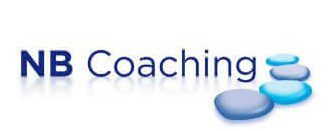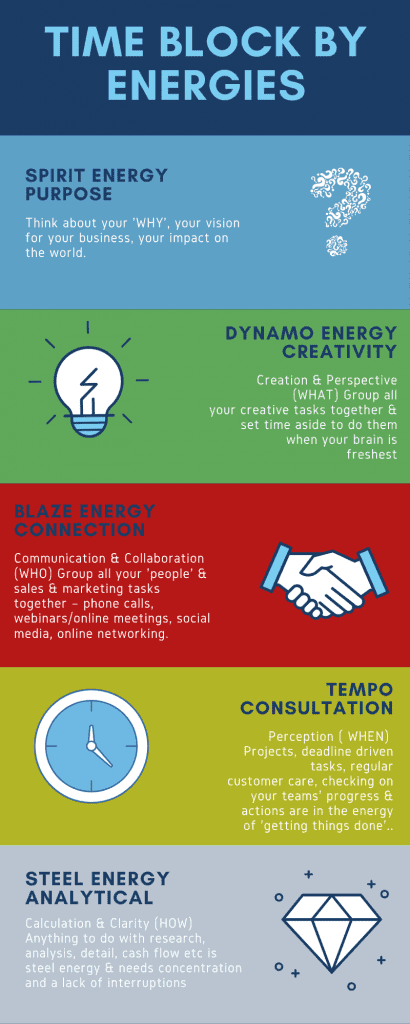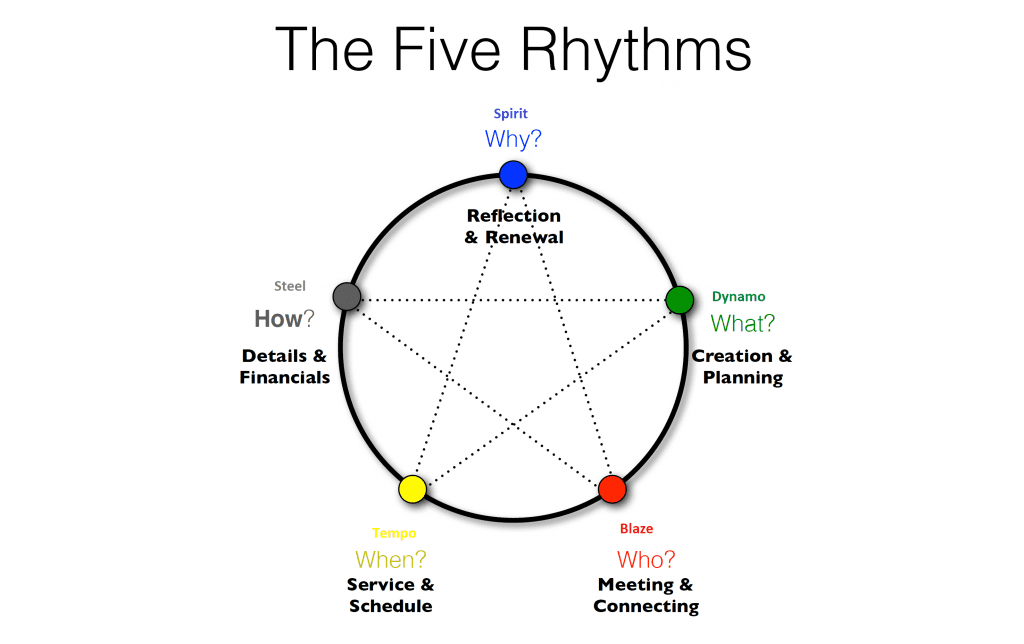As we settle into the new ways of living and working, have you found a way that works for you?
There has been no shortage of advice posted and hopefully you’ve already found a way to be productive.
However, if you are still finding focus difficult then maybe consider looking at your schedule and your working environment in terms of energy.
If you think about times when you are totally focused on an activity, perhaps you’re writing content, or working through figures and then the phone rings, you answer the call, then try to get back into the zone. It takes time and energy.
According to scientists at the University of California
“when people are interrupted, it typically takes 23 minutes and 15 seconds to return to their work, and most people will do two intervening tasks before going back to their original project.”
Wow, that’s very specific, but is also an astonishing amount of time when added up throughout the day.
Switching also comes with a biological cost, constant switching uses up oxygenated glucose in the brain, making us more tired and less able to take on the big tasks that need doing .
Studies suggest you could actually be reducing your productivity by as much as 40 percent by switching between tasks rather than just finishing one and moving on to the next.
And there’s more:
“Multitasking creates a dopamine-addiction feedback loop, effectively rewarding the brain for losing focus and for constantly searching for external stimulation,”
“To make matters worse, the prefrontal cortex has a novelty bias, meaning that its attention can be easily hijacked by something new.”
There’s also evidence that information learned while multitasking goes to the “wrong part of the brain”, and isn’t stored as it should be.
That’s enough science for one day!
So what’s the solution? The antidote to this constant mental plate-spinning could be a more deliberate approach to tasks, and some scheduled breaks, – rest periods that allow for daydreaming and mind-wandering.
If you have read my previous posts you will be familiar with the concept of Flow & the 5 main energy frequencies. If not, here’s a really quick overview:
Put simply, Flow can be thought of as the path of least resistance, where you add the most value and get the most done.
Our skills, talents, preferences in communication, thinking and acting are all influenced by our unique mix of the energies Dynamo, Blaze, Tempo, Steel and Spirit. Our productivity and schedule is also influenced.
Focusing blocks of time on one particular frequency allows you to get into the Flow of that frequency and really maximise your productivity.
With this in mind, review your list of activities and projects and allocate them to one of the five energy groups.
You can set up your week to suit you, your business, your team just find a rhythm that works for you.
Each energy also has an environment which compliments the activity
Consider the space available to you.
If possible, assign areas or rooms which allow you to focus on the different task.
Think about your outdoor space too, it may be that you can consider some of the bigger picture questions, WHY questions whilst out on your bike or out walking.
Creative tasks may need a more vibrant environment or playing music to get you thinking.
Analytical activities generally require a quiet focused space, clear from clutter and distractions.
If you don’t have space to create separate environments, think how you can clear your desk to make it more conducive to the task in hand and take short breaks between so you can shift your energy.
If you are struggling to get into Flow and fancy a virtual coffee, just let me know.


